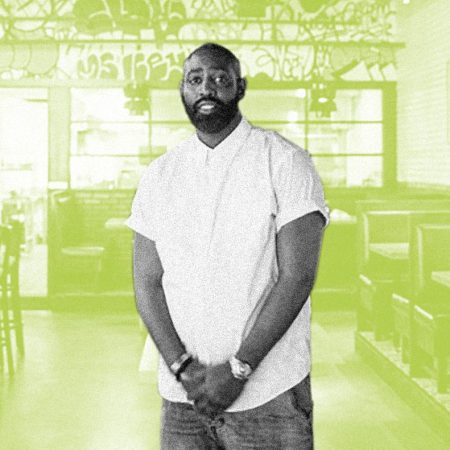Some cities are inexorably linked with moments in time, places where the sound emerging from one region dovetails memorably with larger cultural questions being asked at the same time. From the way the Bay Area’s music is perennially associated with the late 1960s to the way the burgeoning hip-hop and punk scenes in late 1970s New York helped shape and soundtrack the years that followed, this is the sort of thing out of which cultural histories are born.
What musical scene fills that role for the decade that’s nearly over? Writing at Dazed, Jewel Wicker makes a very convincing case for the one that’s put Atlanta on the musical map.
“During the 2010s, as hip hop became increasingly mainstream, Atlanta – the city that developed some of the genre’s most prominent rappers and producers during the decade – became even harder to ignore as a cultural hub,” Wicker writes.
Wicker’s article exploes a host of subjects, from Migos’s growing popularity over the course of the decade to the rise of trap to Donald Glover’s emergence as an acclaimed artist in multiple artistic disciplines. And Wicker also notes that the latest generation of artists from Atlanta are continuing that artistic legacy:
Artists such as 21 Savage, Gunna and Lil Baby have continued Atlanta’s legacy of trap music, while rappers such as Lil Nas X have merged the trap sound with country music to massive, record-breaking effect, showcasing, as many of the local rappers before him had done, that black southern life isn’t monolithic.
A decade from now, will we be reading articles about how Atlanta was also the city that soundtracked the 2020s? Stranger things have happened.
Subscribe here for our free daily newsletter.
Thanks for reading InsideHook. Sign up for our daily newsletter and be in the know.


















